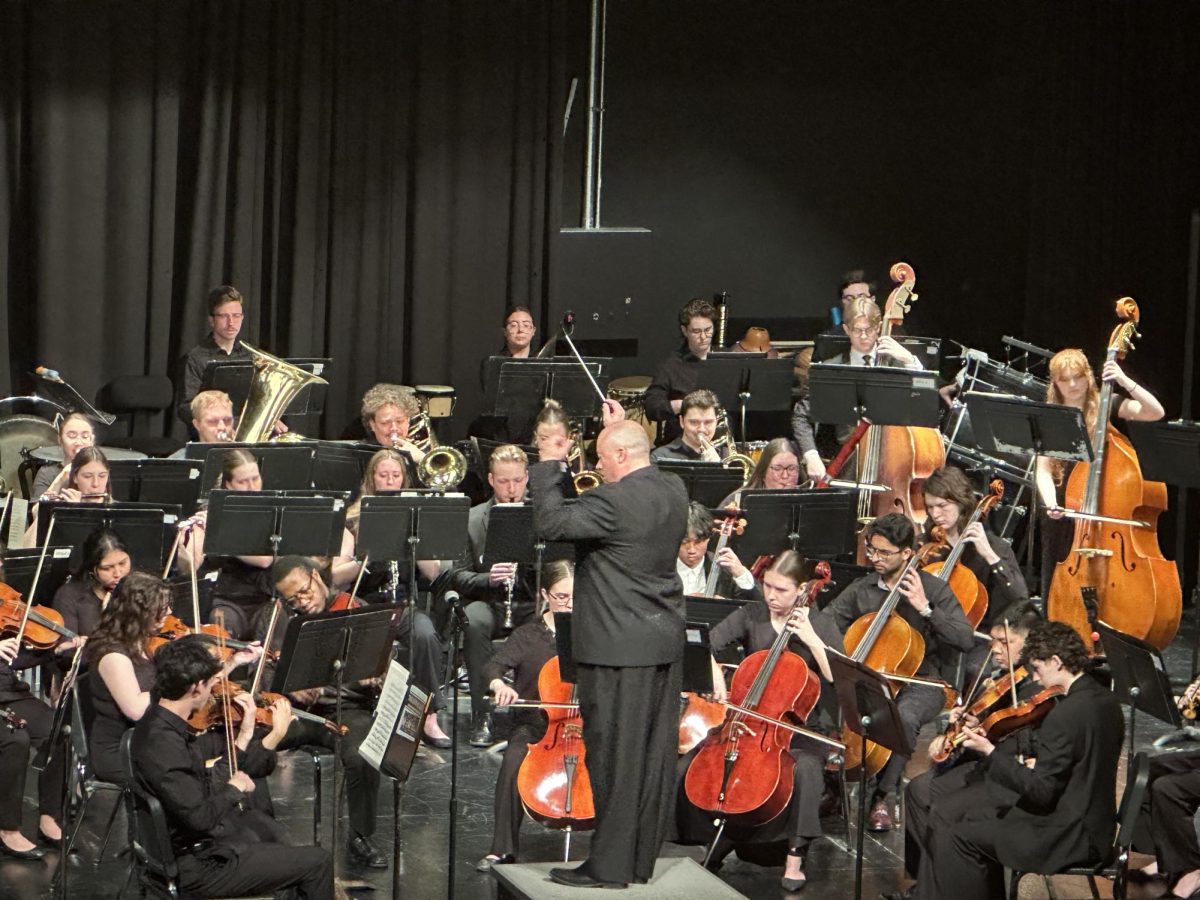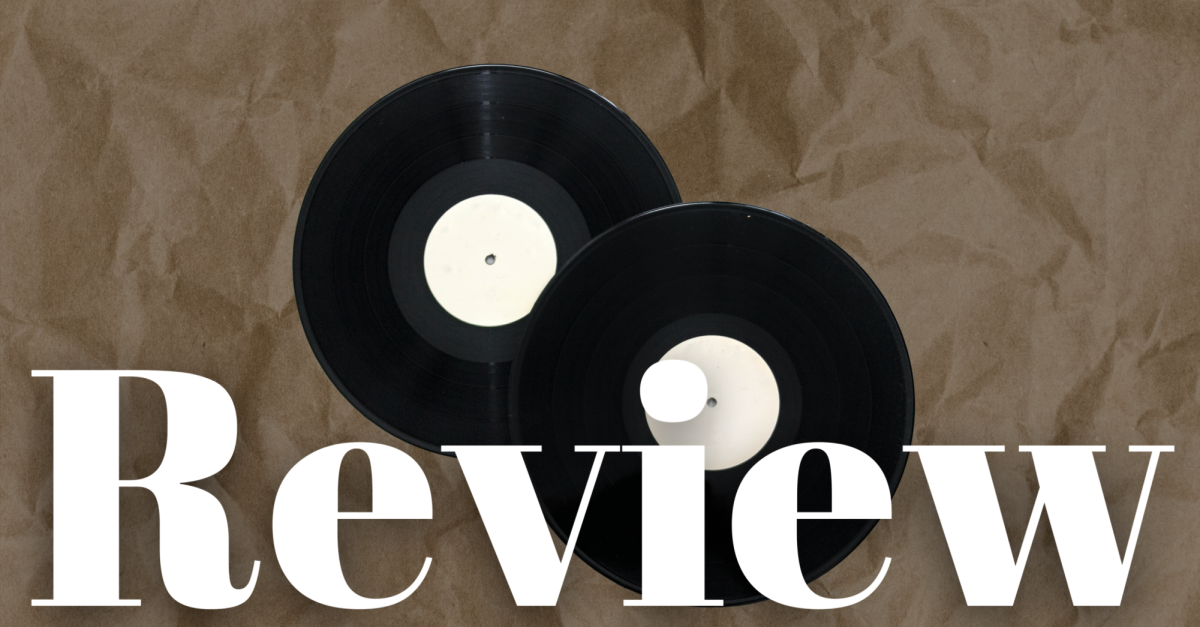In today’s diverse music climate — between the vulnerability and honesty of Steve Lacy and the bitterness and self-loathing of Taylor Swift — it’s a travesty that the breakup song no longer mentions the telephone. As a matter of fact, the telephone used to be so detrimental to a relationship that it used to headline its own songs.
Maybe it was the obsolescence of the landline that made these ballads extinct. Or maybe it was the music industry itself.
There was a time when The Beatles’ “I Wanna Hold Your Hand” was too graphic for the ears of young teens — fast forward to today where Dua Lipa’s “Good in Bed” is a household classic for middle schoolers and “cool moms” alike.
The music industry’s modernization is beneficial for artists since it allows them to express more unique and deep feelings through their craft. Deep down, however, I wish I had lived in a time when the telephone line was still the source of longing.
Electric Light Orchestra’s 1976 hit “Telephone Line” is not only a perfect example of the villainization of the telephone but is also a beautiful song. When the song starts, it fades in with the synthetic beeps and tones of a dial-up from its respective decade, which to a modern listener may not even be recognizable.
The only modern equivalent to this masterful blend of ambient sound and melody is Olivia Rodrigo’s “Driver’s License,” which ties the “door open” sound from a car into the first notes of piano quite well.
ELO’s leading man Jeff Lynne’s first words of the song are muted and warbled, sounding almost identical to the quality of a recording of someone talking through a phone. As Lynne continues and the effect fades out, listeners have already been introduced to the topic without even hearing the word “telephone” yet instead through the audio aesthetic that is presented.
The chorus of the song is not to the individual on the other side of the line but to the telephone itself. Today, so much music is able to be traced directly to an ex-lover of the musician through news and lyrics with artists such as Harry Styles, leaving little room for the listener to imprint their own experiences on the song. In 1976, I can only imagine that many people had felt the pain of hearing ringing, ringing and ringing to no avail and cursed out the phone itself.
The second verse is introduced by a desperate cry to the telephone by Lynne: “Can’t you just let it ring a little longer, longer, longer / Let it ring forevermore.” The lyricism here is poetic, which is in part due to the vocabulary associated with the telephone. In 1976, a telephone’s ring was a monotone symphony conducted just for your lonely self. Today’s more common equivalent, getting “left on read,” not only sounds less romantic but does not lend itself to imagery such as this either.
The chorus, although somewhat repetitive, creates a source of pain from an individual relationship that is also relatable to millions of others: “Oh, telephone line, give me some time, I’m living in twilight.”
Nearly a decade later, New Edition’s 1984 hit “Mr. Telephone Man” turned the operator into the culprit instead of the phone itself.
The operator, a job that simply does not exist in 2022, becomes the receiver of pleading from the bleeding heart in this case: “Mr. Telephone Man, there’s something wrong with my line / When I dial my baby’s number, I get a click every time.” This song is less of a ballad in its construction and tells a bit more of a narrative story that the listener can maybe even laugh at.
The dramatic irony in the song paints a picture very clear to the listener that someone is avoiding the calls of the singer. The verses are dialogue spoken to the operator insisting that the phone must be broken because “my baby wouldn’t hang up on me.”
I would even argue that narrative style is more tasteful than some of the smearing that modern songs do to their subjects. If not tasteful, it is at the very least unique to tell a story about being in denial about a relationship’s stability due to the ambiguity of a telephone than it is to say that “I knew you were trouble when you walked in.”
These songs created a new genre somewhere between love and breakup — a limbo world in between where the telephone is hiding the truth from what’s really going on. A genre of pleading the telephone or operator to give us an answer instead of accepting the truth that lies deep down below.
Although the modern music industry produces great music and allows for artists to be as specific as they’d like, there is a charm to the songwriting that existed before everything became so personal. Even though there may not be a modern equivalent to such a perfect scapegoat, I only hope that, as listeners, we take time to go back and appreciate this subgenre that was made completely obsolete by the invention of the cellular phone.
This story was written by RJ Siano. He can be reached at ryan.siano@marquette.edu.






